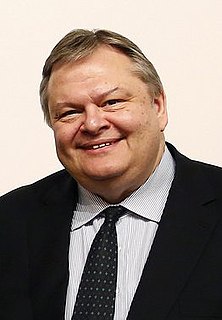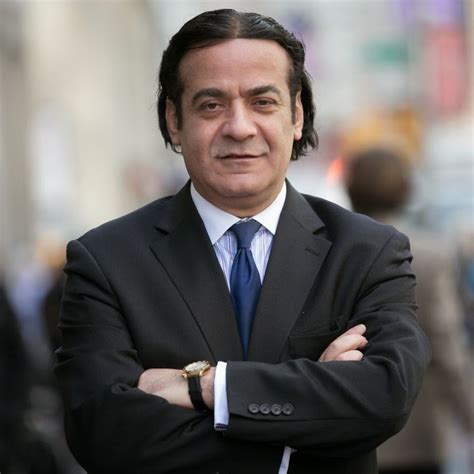A Quote by Arthur Erickson
Nearly all of the advances in structural and aesthetic innovation is coming from abroad.
Quote Topics
Related Quotes
The changing styles are the expression of a restless search for something which shall commend itself to our aesthetic sense; but as each innovation is subject to the selective action of the norm of conspicuous waste, the range within which innovation can take place is somewhat restricted. The innovation must not only be more beautiful, or perhaps oftener less offensive, than that which it displaces, but it must also come up to the accepted standard of expensiveness.
Innovation is not a big breakthrough invention every time. Innovation is a constant thing. But if you don't have an innovative company [team], coming to work everyday to find a better way, you don't have a company[team]. You're getting ready to die on the vine. You're always looking for the next innovation, the next niche, the next product improvement, the next service improvement. But always trying to get better.
The thing I love about being a novelist is that with each project, you invent a new world. You approach it with a different set of aesthetic and structural ideas, and you grapple with a different series of problems in figuring out how to tell the story. And yet there are certain concerns that stay constant.







































